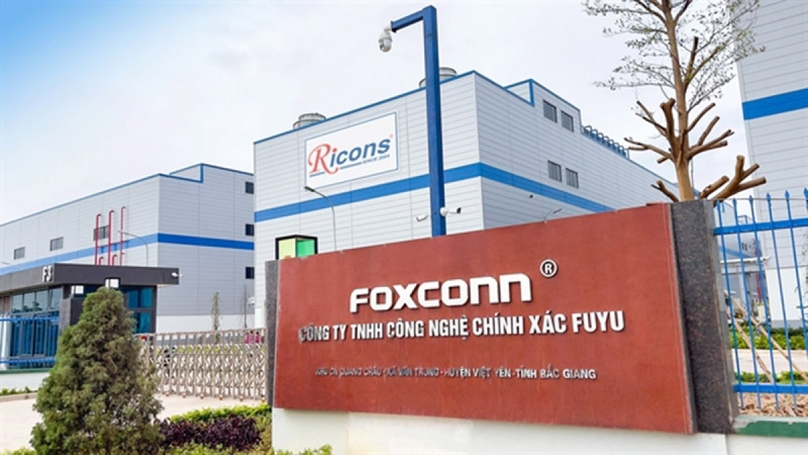Technology manufacturing companies have been steadily investing into the Southeast Asian region as a way to capitalise on cheap labour costs. However, as manufacturing infrastructure and quality of product is still behind China, this progress has been slow, albeit firm. Recently, with the global shakeup from the Russian invasion of Ukraine and the supply chain shock of China's Covid Zero policy to 'letting it rip,' it's only natural that top manufacturers will seek to bolster their supply chain resilience by expanding manufacturing into other countries.
Viet Nam is among the top candidates thanks to its cheap labour costs and eagerness for foreign investment, as they aim to vastly improve their manufacturing industry, outlined by the government.
Several of Apple’s suppliers like Pegatron, Wistron, Luxshare and Foxconn are already planting their feet firm into Vietnamese soil. Luxshare is producing a number of Airpods already, whilst other Apple products are geared up to being produced in Viet Nam’s ever expanding industrial parks. The Taiwanese suppliers of Apple products have been investing in the Quang Chau, Bac Giang, and Hai Phong regions for increased manufacturing capacity, as well as housing projects intended for the tens of thousands of workers to be employed in these areas.

